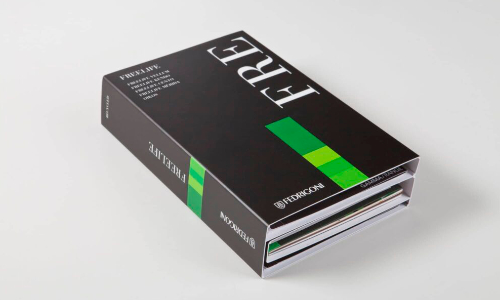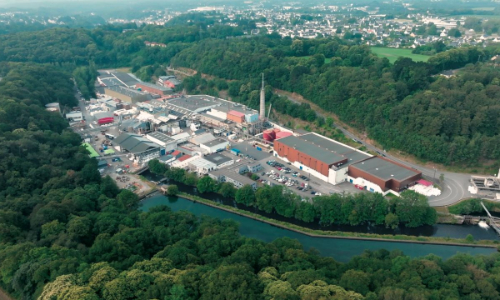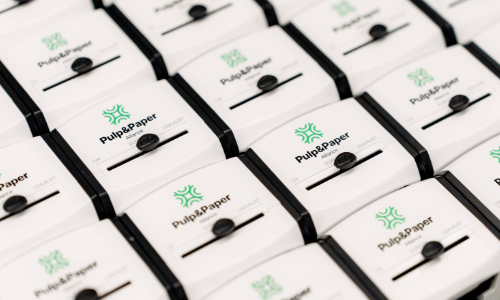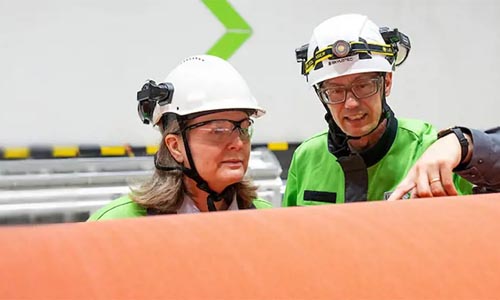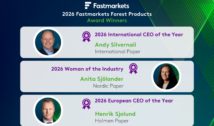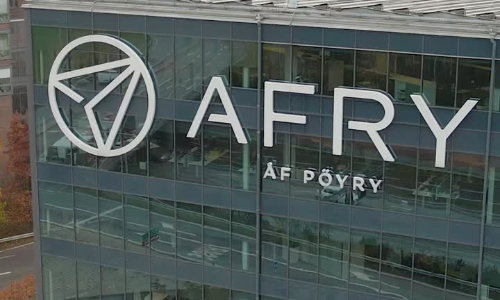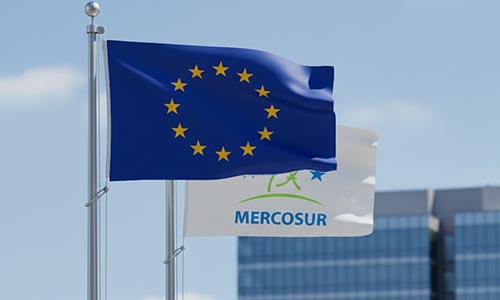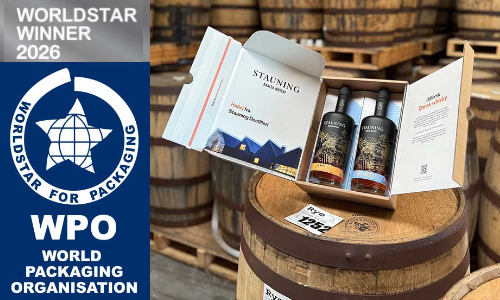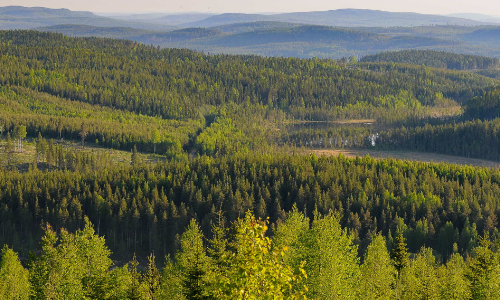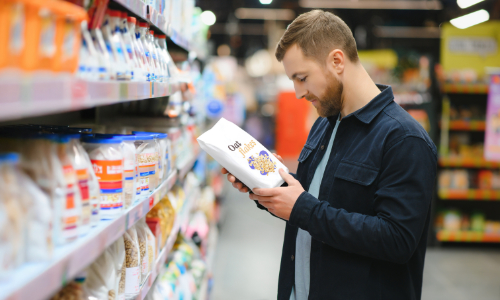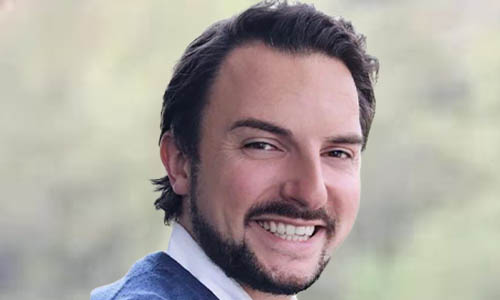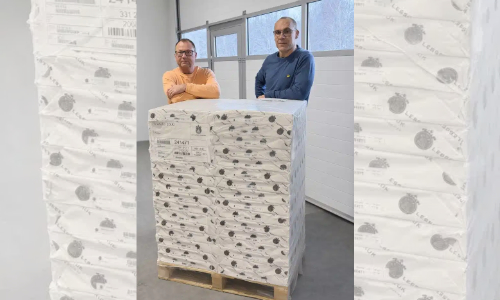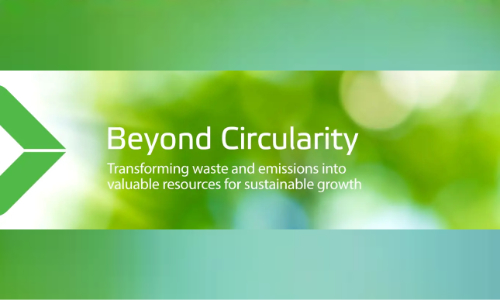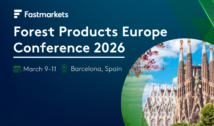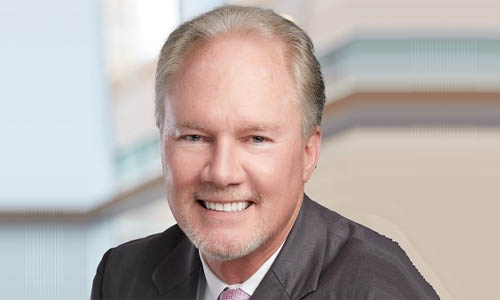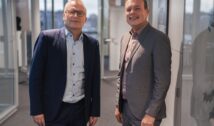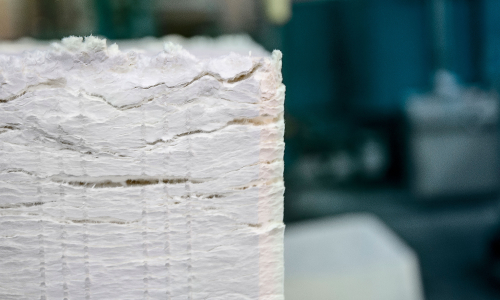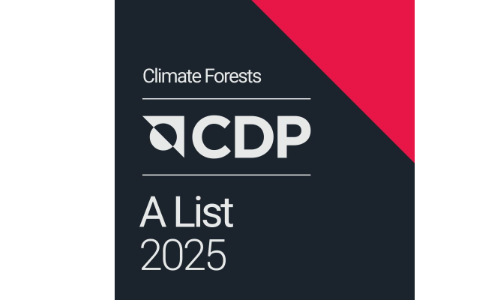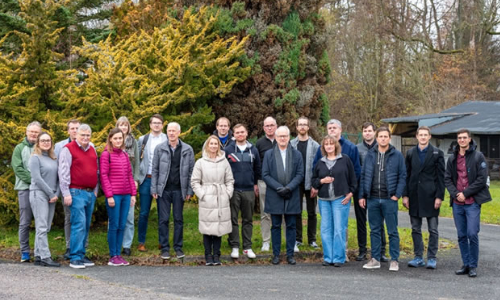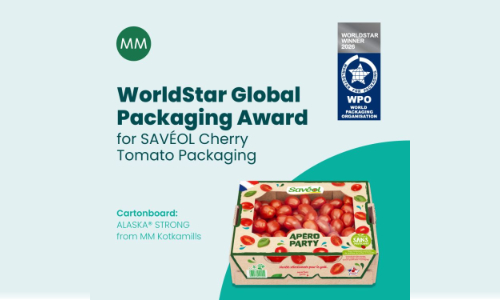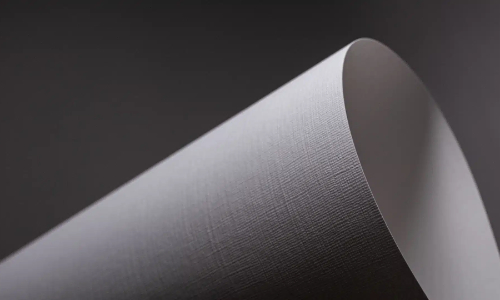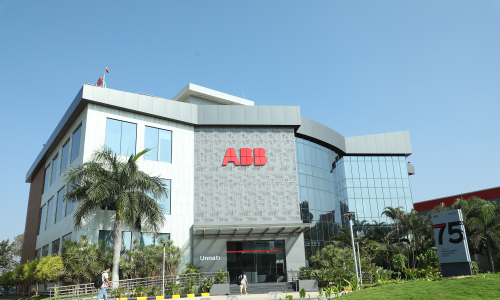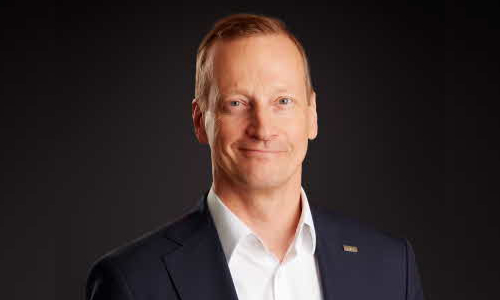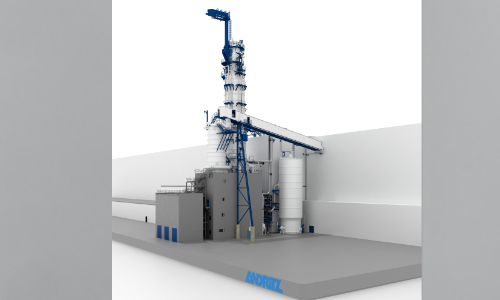
How recyclers will benefit from the growing demand for secondary materials during a seismic shift in the world order has been set out at the Bureau of International Recycling’s World Recycling Convention in Bangkok. On 27 October, at the event’s Opening Session chaired by BIR President Susie Burrage OBE, delegates were assured by keynoter speaker Juan Verde that the sustainability agenda was not under threat. It was being re-labelled and recycling remained critical.
Mr Verde, a corporate and government strategist who has advised US Presidents Biden, Obama and Clinton, spoke about super-powers, trade trends and the future of sustainability and recycling.
“We are at a historic crossroads,” he told Convention delegates. “Rules that applied to free trade and the global economy are no longer valid. We are at the birth of a new world order that will have a significant impact on your industry in particular.”
Mr Verde’s presentation covered three key areas:
- changes in geopolitical power, notably the rise of China
- global trends in technology, supply chains, conflicts and protectionism
- the future of sustainability and recycling
On China’s rise, he said: “It happened because the United States and Europe were very successful at sending our manufacturing and industrial capacity to China, and so did the rest of the world. As a consequence, China is now a superpower able to contest and compete with the United States.”
Industry transformed
One of the consequences of this rivalry, the speaker argued, was competition for resources and, notably, critical materials. Technological changes such as 5G, artificial intelligence (“the most significant technological advancement in the history of humankind”), quantum computing, biotechnology and space technology, were part of the superpowers’ strategic rivalry. “This is transforming the world economy and it will transform your industry in ways that we cannot even begin to understand today.”
Mr Verde noted a shift to greater regionalisation and more “friend-shoring” by which giant economies such as the United States bring back parts of key industries and their supply chains to the US. That results in greater protectionism and a race for resource security with implications for recyclers.
“This new protectionism is actually quite good for your industry because it is going to force nations to invest unthinkable amounts of money to increase their recycling capacity.”
The drive for sustainability had been good for the recycling sector and Mr Verde doubted those who thought it could not continue.
“The arrival of Donald Trump in the White House – a president who does not believe in climate change – does not change the direction,” he said. “It changes the speed at which this green revolution is taking place.”
Recycling growth
The previous president, Joe Biden, a Democrat, had injected huge amounts of dollars into the green economy with his Inflation Reduction Act. Mr Verde believed it would not be reversed by Republicans because of the wider benefits of the Act to Republican states and voters. Crucially, the agenda was also being embraced by the private sector in the name of resilience, national security and industrial competitiveness
“Sustainability is not being phased out,” he said. “It is being re-labelled. I could not be more bullish about your sector, or more optimistic you are in the right industry at the right time.”
The speaker pointed out that the market for recycling critical minerals is projected to grow by around 15% annually until 2033 and was the fastest-growing segment of the recycling industry. Meanwhile, global investment in recycling and the circular economy from 2019 to 2024 exceeded U$160 billion, a 40% increase in five years.
“Your industry is set to do well and it is rather likely that we will see a very significant increase when it comes to governments defining your industry as being critical to our national security.”
Mr Verde concluded by referring to the Greek word “Kairos”, which he defined as a time of opportunity when everything changes. “This is a kairos moment for the recycling industry. You’re making this not just a friendlier, more sustainable, greener and healthier world. You’re also making [it] a safer and more peaceful way.”
During questions, former BIR President Tom Bird said that the speed at which countries are trying to get to net zero is “bankrupting people”, notably in Europe. Mr Verde agreed, saying Europe had to find ways for the private sector to inject enthusiasm and passion into the economy “because it’s way too overregulated and it’s suffocating”.
Record membership
Earlier, BIR president Susie Burrage OBE had opened the Convention by leading a moment of silence in memory of Queen Sirikit, the Queen Mother of Thailand, who had died on 24 October. Following the tribute, Ms Burrage said she was delighted to be the first BIR President to host a Convention in Thailand’s ‘extraordinary’ capital. The energy of the host city, she thought, was a fitting reason for more than 1,100 participants from 58 countries to exchange ideas, form partnerships and build global recycling networks.
“This kind of interaction is vital. Without access to open, international markets, the recycling industry cannot thrive – nor can it continue to invest in the innovation and technology that drive progress.”
The President added that having Centara Grand and the Bangkok Convention Centre as the venue underscored Thailand’s growing leadership in recycling and circular economy initiatives.
“2025 has been an exceptional year for BIR. I am delighted to share that we have achieved the largest membership in our 77-year history.”
She also announced that the next BIR Convention would be in Gothenburg, Sweden from 1-3 June 2026.


